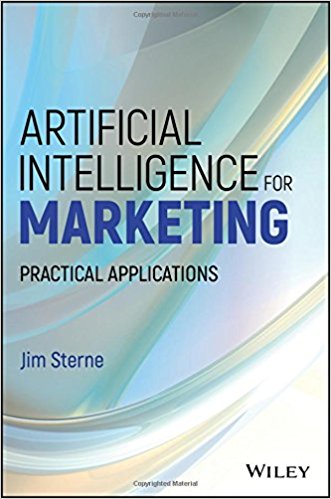Meniu
Meniu


Carti
- Literatură motivațională
- Top 100
- Literatură universală
- Literarura contemporană
- Detective
- Comunicare
- Literatura română
- Critică literară
- Detective
- Știință
- Psihologie
- Sociologie
- Memorii
- Economie
- Critică literară
- Limbi Străine
- Limba Engleza
- Calculatoare / IT
- Biografii
- Umoristice
- Cărți pentru adulti
- Istorie
- Diverse

